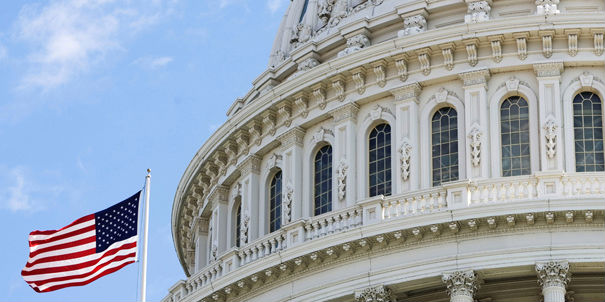Late Wednesday afternoon, the House passed H.R. 3230, The Veterans’ Access to Care through Choice, Accountability, and Transparency Act, by a vote of 420-5. The Senate followed up last night with a vote of 91-3.
Videos By Rare
This act, while perhaps well-intentioned, is fiscally imprudent and represents the all-too-common Washington “solution” of throwing money at a problem and hoping it will go away.
The legislation pours a staggering $17 billion into the troubled Veterans Administration, $12 billion of which is considered “emergency” funding. At least $10 billion is new spending that will add to our ever-increasing national debt. And as Heritage Action has pointed out, the $10 billion estimate is an artificial figure that’s likely to rise.
What’s worse, the bill undercuts previous House reform attempts that would have stripped out employee bonuses until 2016 and instead allows the VA to give up to $360 million in employee bonuses every year.
One might counter that the VA simply needs more money to fix its problems and better care for our veterans.
But the fact is, it already has plenty.
According to the VA’s own figures, its budget has risen nearly 68% since 2009, and a shocking 124% in the last 10 years. That money hasn’t been put to good use.
As the National Taxpayers Union has catalogued, the VA regularly wastes taxpayer money, to the tune of $34 billion in 2013. That’s more than enough to cover this bill’s initial costs and then some.
While everything from brutally long wait times to excessive employee bonuses has rightfully shocked the national conscience in recent months, the problems at the VA are far more prevalent than this current scandal and will simply not be fixed with another blank check.
Even Congressman Jeff Miller, one of H.R. 3230’s authors, said less than a year ago that the “VA doesn’t have a money problem. It has a management problem.”
Unfortunately, it’s in times of national scandal that fiscal principles tend to be most imperiled. As this week’s votes showed, otherwise solid leaders are far more eager to abandon principles and rush through bad legislation in the name of “doing something” or “taking action.”
Had the VA needed more money, Members should have demanded a plan that found the money without racking up more debt. Instead, there’s at least $10 billion in new spending, and quite possibly far more. The fact that the VA didn’t even need more money to begin with only makes Congress’s failure worse.
In 2003, Karl Rove told Republicans that it was a political necessity to support the Medicare prescription drug benefit to care for the nation’s seniors. On Wednesday and Thursday, many in Congress clearly felt they had to vote for more spending for fear of not supporting our veterans.
Today, many of the congressmen still in office since the Medicare Part D vote rue that decision in hindsight, now that the fiscal folly of the program has become clear to activists and voters. Ten years from now — and maybe far sooner — it’s a safe bet that many who voted for the new VA entitlement will have similar regrets.

